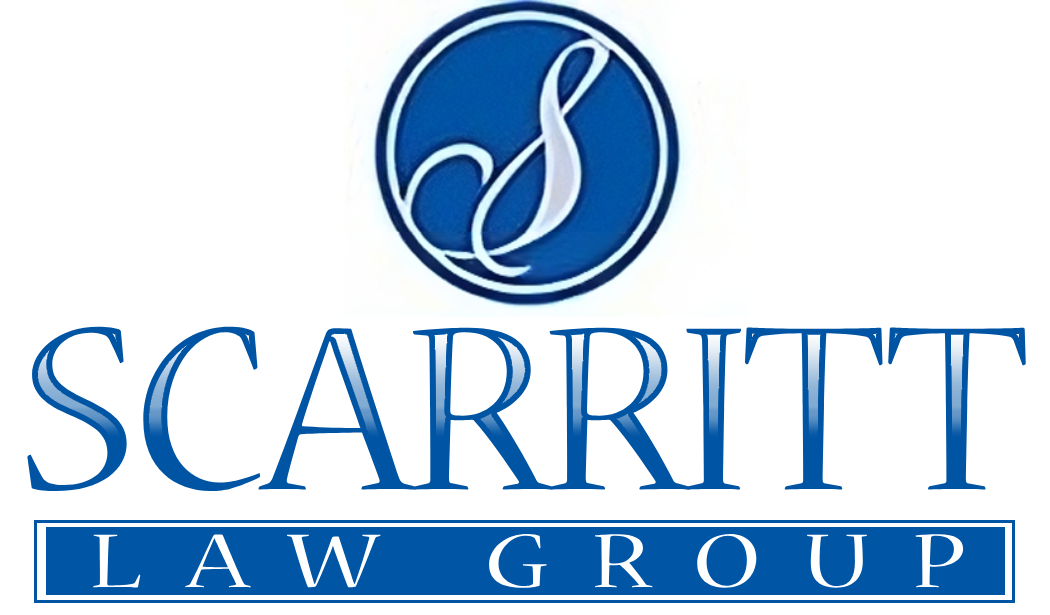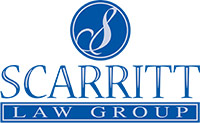Types of Defamatory Statements
Physical publishing of untrue statements may include:
- The plaintiff is involved in a crime
- The plaintiff is ridiculed and his reputation damaged so a third party will not work with him
- The plaintiff’s character and integrity is compromised
- The plaintiff’s wellbeing or finances is impaired
- Any kind of physical or mental limitation that would cause third parties to not work with him
It is not necessary for the publication to state the plaintiff by name. Even if a work is considered fictional and Party A claims that a character has no connection to the plaintiff, it can still be considered libel. If there is reason to believe that the particular character refers to the plaintiff and the remarks are defamatory, then it does not matter if the author claims it is fiction or not.
the third party’s contract rights.


